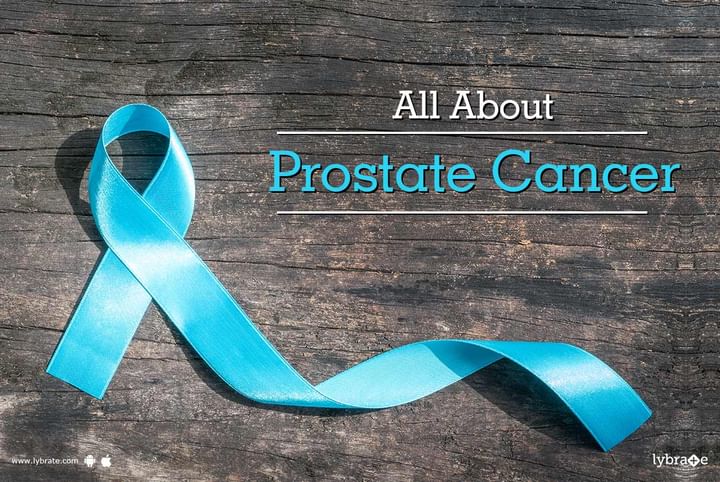All About Prostate Cancer
Prostate cancer is a cancerous tumor in a man’s prostate gland, a small gland that is responsible for producing the seminal fluid which transports and nourishes the sperm. It is a very common type of cancer among men. A few cases of prostate cancer tend to develop slowly while others may progress very fast.
Symptoms
In the initial stages, prostate cancer may not show any symptom. However, in the latter stages, there may be symptoms such as:
-
Pain in the bones.
-
Urination can get troublesome.
-
Presence of blood in the semen.
-
Pain and discomfort in the pelvic region.
Causes-
The exact causes of prostate cancer are not known. It starts to develop when certain cells in the prostate gland start to mutate. These mutations cause these cells to multiply at a very fast rate and thus, soon form tumors. Although the causes are not known, certain factors tend to aggravate this condition; them being:
-
Color: According to certain medical reports, a darker skin may mean increased chances of suffering from prostate cancer.
-
Age: The risk of developing prostate cancer tends to increase with age.
-
Genetics and Family History: Faulty genes could be another cause of this condition. Also, having some member in the family who is diagnosed with this type of cancer only increases the risks of you suffering from them.
-
Obesity: If you are obese, then you are more likely to develop prostate cancer.
Treatments-
The treatments for prostate cancer include:
-
Radiation Therapy: In this procedure, high energy rays are used to target and destroy cancer cells. Usually X-rays or protons are used to treat the cancer cells.
-
Hormone Therapy: Hormone therapy is a type of treatment wherein certain medications are administered to prevent your body from producing testosterone.
-
Surgery: If the other treatment methods do not produce desired results, then a surgery is carried out for the removal of the prostate gland. In addition to the prostate gland, some adjoining lymph nodes and tissues are also removed.
- Chemotherapy: Chemotherapy is method of destroying cancer cells by injecting chemicals into the body. The medicines are injected into the veins in the arms.
If you wish to discuss about any specific problem, you can consult a specilized oncologist and ask a free question.



+1.svg)
